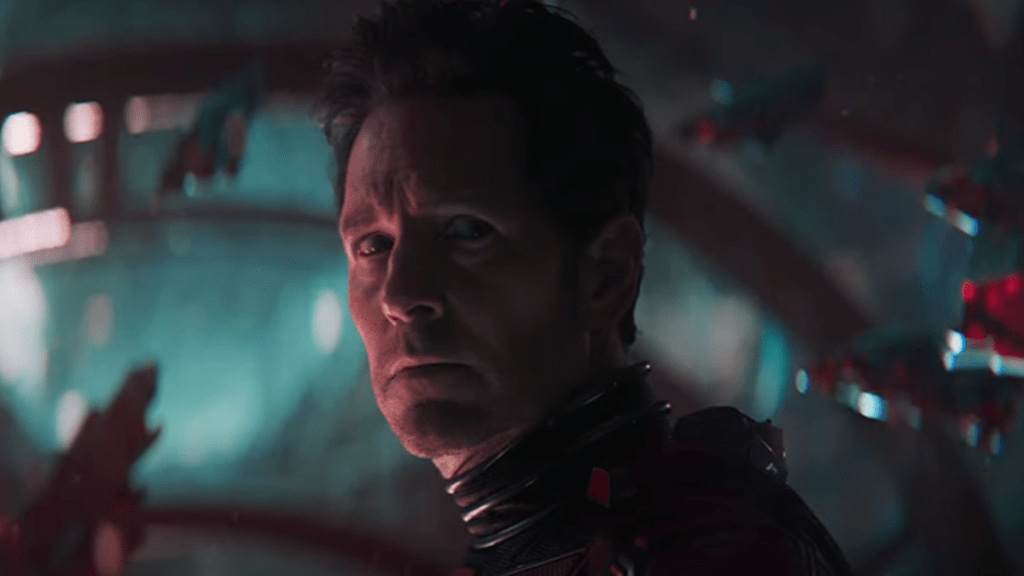Superhero movies often have a fairly binary perspective on morality. Though characters like Thanos may have ideals that resonate with some, it’s pretty clear that the vast majority of antagonists in those films are clearly in the wrong. Ant-Man and the Wasp: Quantumania may be changing that, as the new overarching antagonist Kang the Conqueror could have a valid point midway through the film.
A recurring theme in the MCU, especially since around Avengers: Infinity War, is sacrifice. The heroes lost against Thanos in that film because, as Captain America said, “we don’t trade lives.” Thanos, on the other hand, was willing to sacrifice others and potentially himself for his goals. Only Iron Man and Black Widow’s sacrifices made defeating the Mad Titan possible in the sequel, Avengers: Endgame, as the Avengers wouldn’t have obtained the Soul Stone or pulled off their own snap without the two of them giving their lives.

In Quantumania, Kang essentially tells Ant-Man/Scott Lang to sacrifice other timelines and worlds to stop “what’s coming” and save his daughter. The Conqueror wants revenge on those who exiled him, which he says would stop the coming danger — though unleashing him could lead to other timelines being wiped out. It turns out that the ones who exiled Kang, are Kang, as he was exiled by the menacing Council of Kangs that we see in the post-credits scene who are all raring to rip the multiverse a new one.
Scott and the rest of his crew follow the usual routine of ignoring these warnings — which is fair, since they’re coming from a megalomaniacal otherworldly tyrant — and proceed to defeat Kang and return home to relish in the hard-won peace they now have. It’s all fairly standard for a Marvel movie, as it seems everything is hunky-dory once more.
But this time, the movie ends a bit differently. Midway through his happy-go-lucky narration, Scott begins to panic over whether he did the right thing. He beat the bad guy, as he and his allies have done before, but this bad guy seemed pretty adamant that there were worse versions of himself out there and that killing him would mean nothing could stop them from causing multiversal havoc.

Loki‘s Season 1 finale featured He Who Remains, a variant of Kang, giving Loki and his counterpart Sylvie a similar warning, saying that killing him would unleash a multiverse of powerful and tyrannical Kang variants. When he’s killed, we learn that he was right — thus, Quantumania‘s Kang. This sets a precedent for Kang variants to be truthful in regard to “the greater good,” which may mean harsh times are ahead for the new generation of Avengers.
Should Scott have trusted Kang? Should he have sacrificed other people and timelines for the greater good? Is it more heroic to sacrifice a million to save a billion, or to not sacrifice anyone, regardless of the consequences? These are all questions that Quantumania introduces which will (hopefully) be revisited in greater detail in future Marvel movies. Given the next Avengers film is called Avengers: The Kang Dynasty, it’s safe to say Kang was at least partially right about his variants. We simply have to wait until 2025 to see just how right he was and if the recurring theme of sacrifice is about to take a darker turn.











